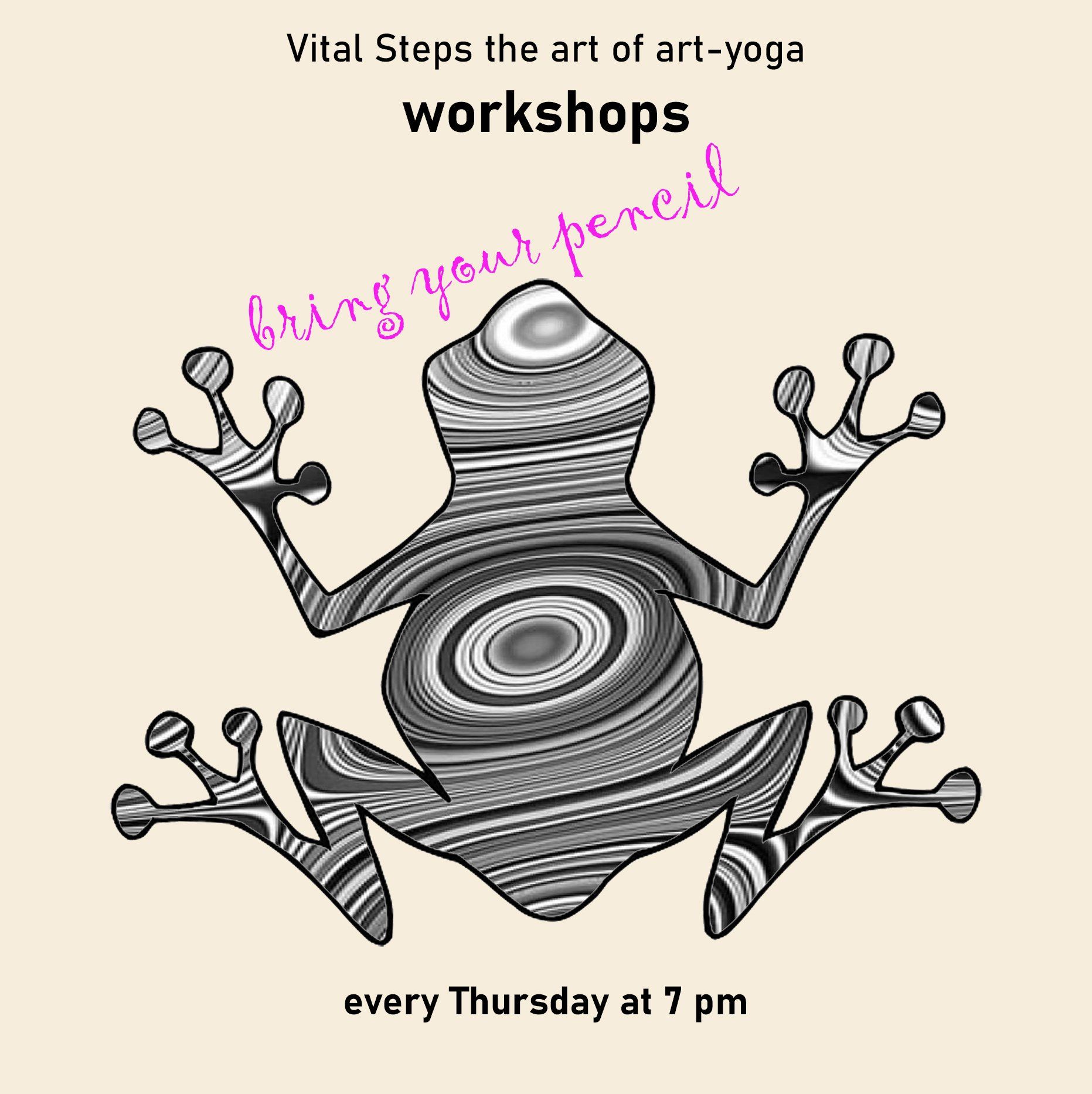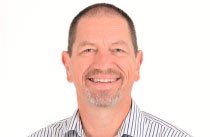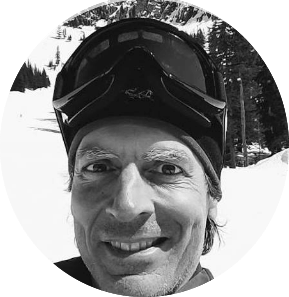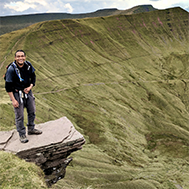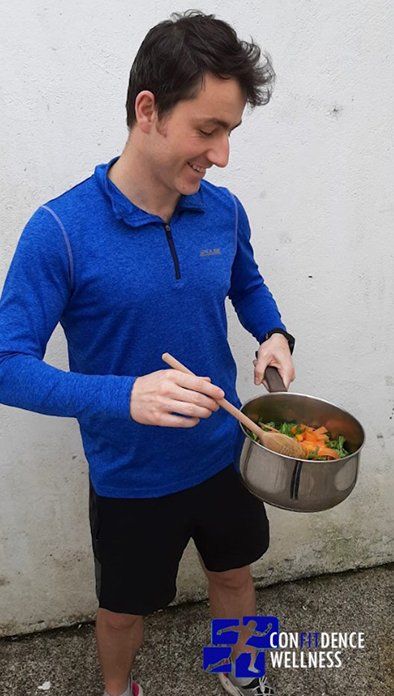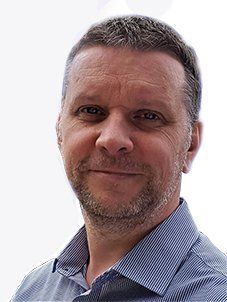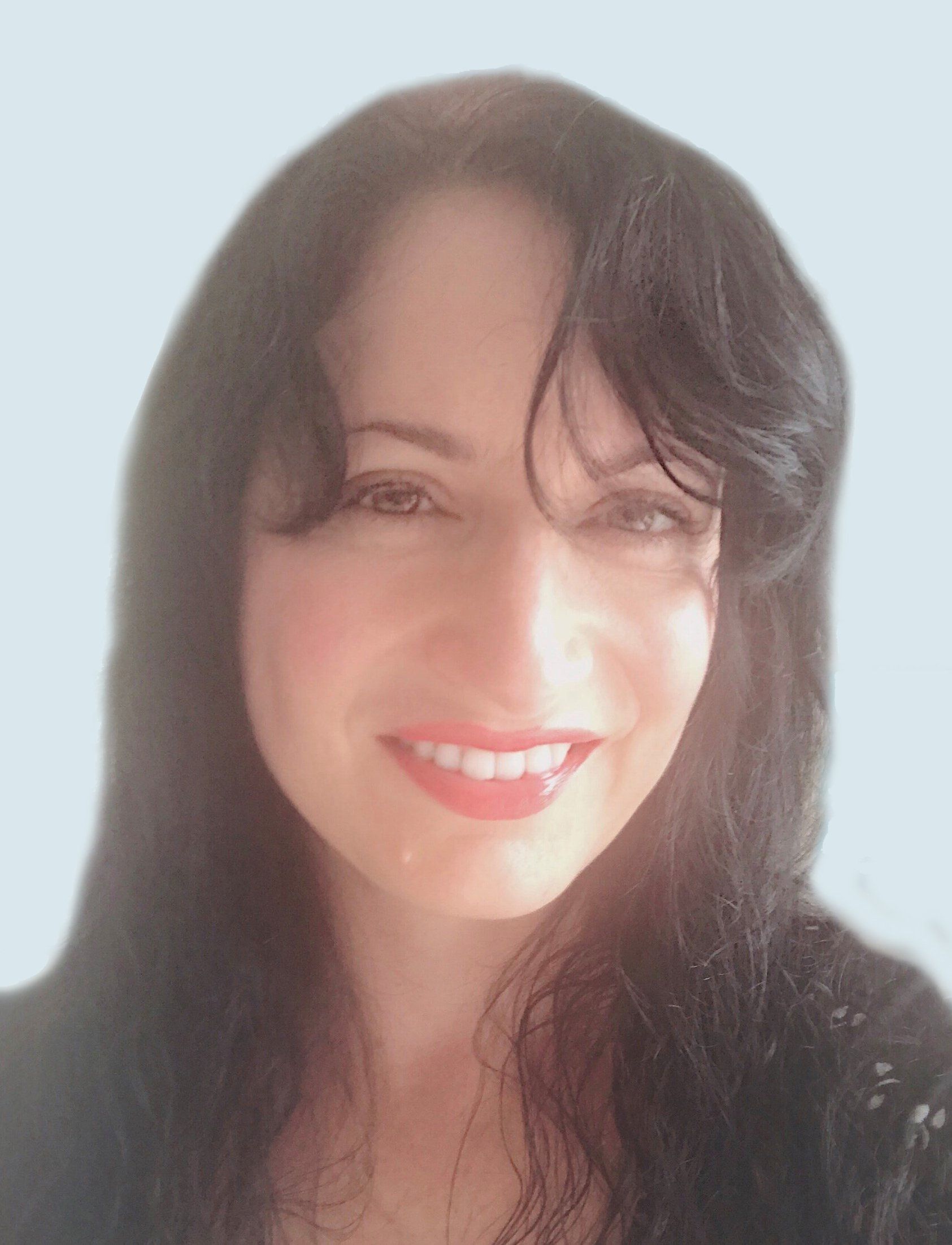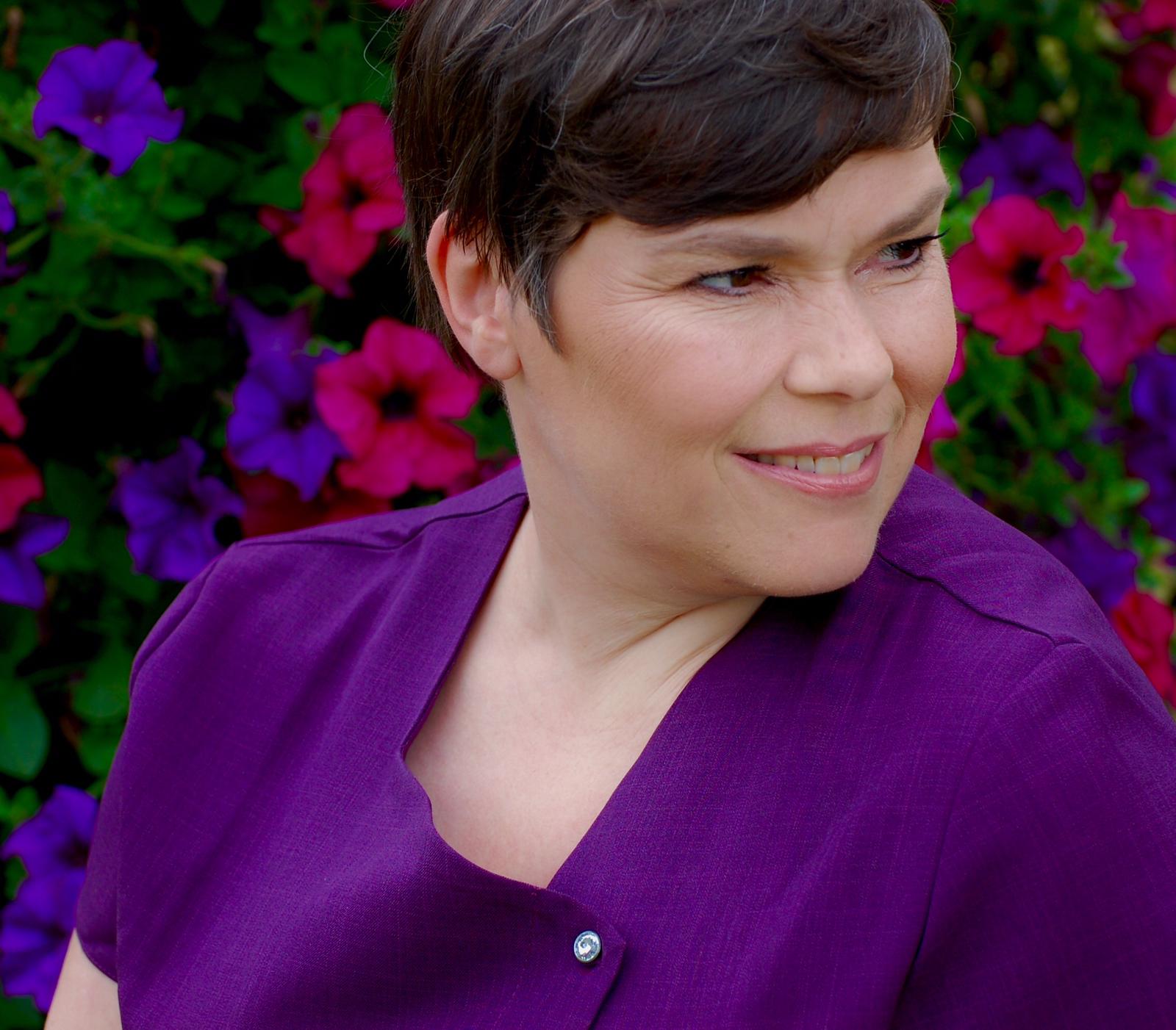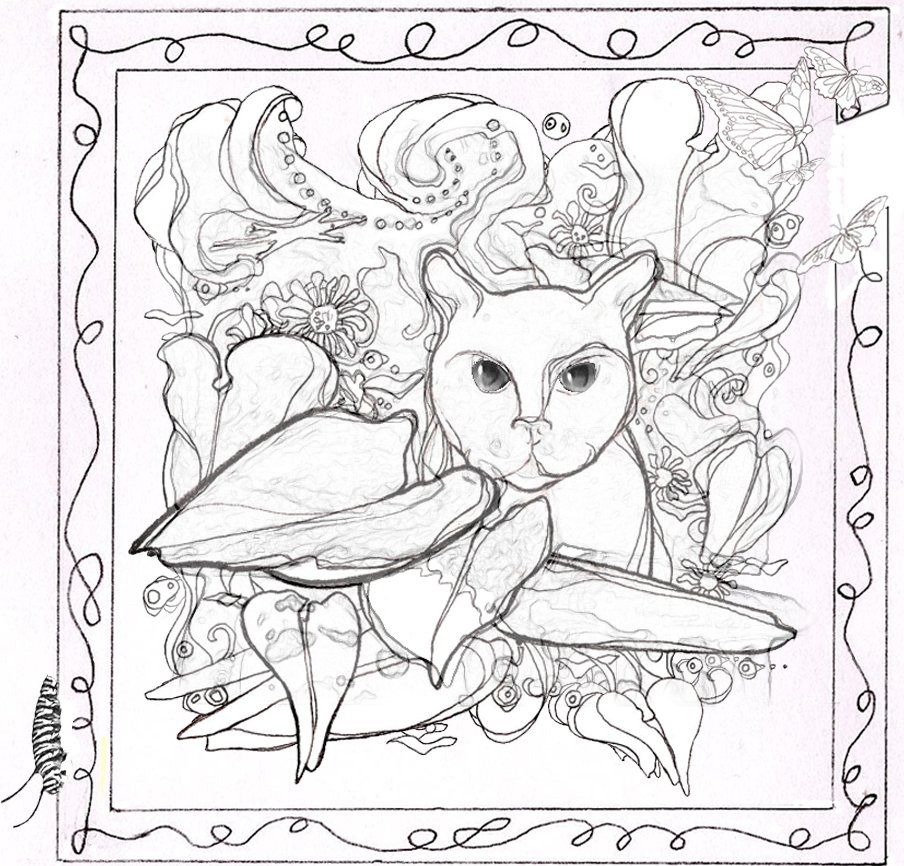supporting you and your community
Vital Steps of art-yoga
is the practice and theory of control. of breathing, expression of feelings and directing of energy towards enriching moments that matter to you; through creative imaginative activity.
Vital Steps of Art-yoga is a process supporting the unfolding of your chosen version of a happy and healthy life.
Click the image to join our facebook group
This programme also provides little and often stimuli for coming to understand critical thresholds of sitting, standing and moving that significantly affect wellbeing.
Art-yoga online workshops - tickets available in our shop
empowering your version of a happy and healthy life
“ The poor health effects from too much sitting are separate from whether you are physically active or not. They are separate behaviours in the same way that smoking is different from diet.”
Professor Stuart Biddle, Professor of Physical Activity and Health, until recently at BHF National Centre in Loughborough.
Sitting for long periods is also associated with poor mental health, such as depression (although it can be difficult to separate cause and effect), people feel their minds are working better when they sit less.
Sedentary behaviour is increasingly common in a society where many of us do desk jobs, travel in motor vehicles and spend leisure time in front of computers and televisions.
“We are not saying you mustn’t sit down – that would be nonsense. But when you are sitting down for long periods, try to break it up. A common sense rule of thumb is to get up for five minutes every half hour.”
You need to start gently and keep doing it, then you won’t get aches and pains and you’ll feel the benefit.”
from Heart Matters - Sarah Brealey.
others who can support your journey to great mental health, social connectivity, physical and environmental wellbeing.
“It is vital to keep doing more conscious based types of movement, so that the skill can be gained and retained.…” Edward Barrera
Edward has been teaching neural plasticity where brain and body work together, since 2001.
Having lived with fibromyalgia (chronic pain) for 17 years, before discovering the animal art of pandiculation.
Learning motor skills requires the "feeling part" of the brain.
I use the term sensory-motor exercises. Easy, simple, conscious movements using a specific part of the brain, called the sensory-motor cortex.
Edward teaches people. How to overcome physical pain, reduce muscular stress & tension, and recover quickly from injury using safe, simple tools known as somatics exercises. His books include, Move Like an Animal and The 1 Thing to Do.
“Every day is a New Year's day to start something good, just start…” Chanan Sidhu Ranjit's Grandad
After 20 years involvement in homelessness prevention and journalism, Ranjit started his Million Steps business.
The equivalent of 12 times round the planet has now been walked; raising thousands for social good.
Ranjit sees every business and person as a force for good.
He simply gives communities and organisations of all shapes and sizes the tools to launch health and wellbeing challenges to drive social impact and change.
Ranjit delights in celebrating movement and wellbeing.
Wanting everyone to feel that exercise is simple. That everything you need is already in you, your home and outside that front door.
“The further You go the stronger You get…” Conor O'Neill
Conor has has just over 8 years working in the fitness industry.
Having trained a varied type of people from cardiac rehab to European transplant games medal winners to football teams to working with deaf Village Ireland to teaching classes for local communities.
Conor is driven to help people feel fitter healthier and happier, by moving daily.
Consistency is king ....turn up everyday.
Conor has a holistic approach to training.
Believing that how you feel is as important as to how you look.
"One of the things I love about living in Glasgow is when you’re sat at a bus stop, the chances are a wee old woman will chat to you whether you want her to or not. I’ve missed that a lot during 2020....." Stuart Fyfe
Stuart feels that people need to create easier ways to stay connected and engaged with community around them.
When we don’t have a bus stop to sit at, or a reason to leave the house, we really need a place right outside our door that allows us to feel safe while we wait for that wee old woman, who knows we’d feel better for a wee blether, whether we want to or not.
The worldwide pandemic has highlighted to us all what neuroscientists have known for decades. We are hardwired to connect to other people and the community around us. Our baked-in reward systems in our brains increase our mental wellbeing when we exchange attention with others.
We survive as a species and thrive by living in groups, as it's part of who we are.
We have built-in needs to feel safe, secure and shape our environment. But a major downside of this is, we’ve created a built environment to live inside secure, solid very separate physical bubbles.
Undoubtedly, that's helped us stay safe during the pandemic, but it also keeps us apart, making it that bit harder connecting with others and the wider community.
When people feel stressed, anxious, or depressed they often retreat to these ‘safe’ self-made spaces. The irony is that personal isolation impacts our mental wellbeing at precisely the times we most need to connect with other people.
Stuart as a Human Givens Psychotherapist, feels that we need to remind ourselves from time to time about something, that all those wee old women know from experience; prevention is better than cure.
"I am a Clinical Hypnotherapist and practitioner of other therapeutic modalities; I also teach, blog and make videos about anxiety, confidence and other areas of mental health and wellbeing....." Alexandra Cingi
Alexandra's background is as a teacher and library manager.
In 2019, she finally decided to take the plunge and dedicate herself to her passion of helping people not just to heal, but also independently take the reins of their own wellbeing.
As every person and situation is unique, she likes to work holistically, choosing and integrating the appropriate techniques from her toolset to help her clients achieve their goals effectively, in the shortest possible time. There is no one-size-fits-all approach with her!
Alexandra finds inspiration - and a mission statement - in the quote by Jonathan Swift, “May you live all the days of your life”.
She wants you to know that you absolutely can do this, by discovering and harnessing your own power: and when you do, life will happen through you, rather than to you.
"My passion is early intervention of mental health crises via a toolbox of holistic activities...." Rachel Brown
Rachel opened her business in 2018 to help people manage adversity in a holistic way; finding the root cause of their issue and so the freedom to live their best life.
With experience in science and holistic therapies, teaching and working in special needs schools, as well as being a childhood chronic illness sufferer and a parent of a dyslexic child, She realised that everything originates with our feelings and their associated energy.
In holistic therapy terms the energy of our emotions affects the energy centres of the body, our chakras.
Negative feelings create a negative energy which can block the chakras, causing more disruption. By using the unique properties of each chakra we can correct any imbalances and in turn help children believe in themselves, their unique superpowers and their special place in the world.
Rachel empowers children. Helping them to keep shining like the stars they truly are; whatever life throws at them. By encouraging them to express their emotions through the use of fun holistic activities such as music, craft and cooking as well as incorporating other therapies, such as reflexology. Her books include Bixbite, The Root Chakra Monster, the first book of 7 in The Chakra Monster series.
Find out more on our Vital Steps page
or click the image below

